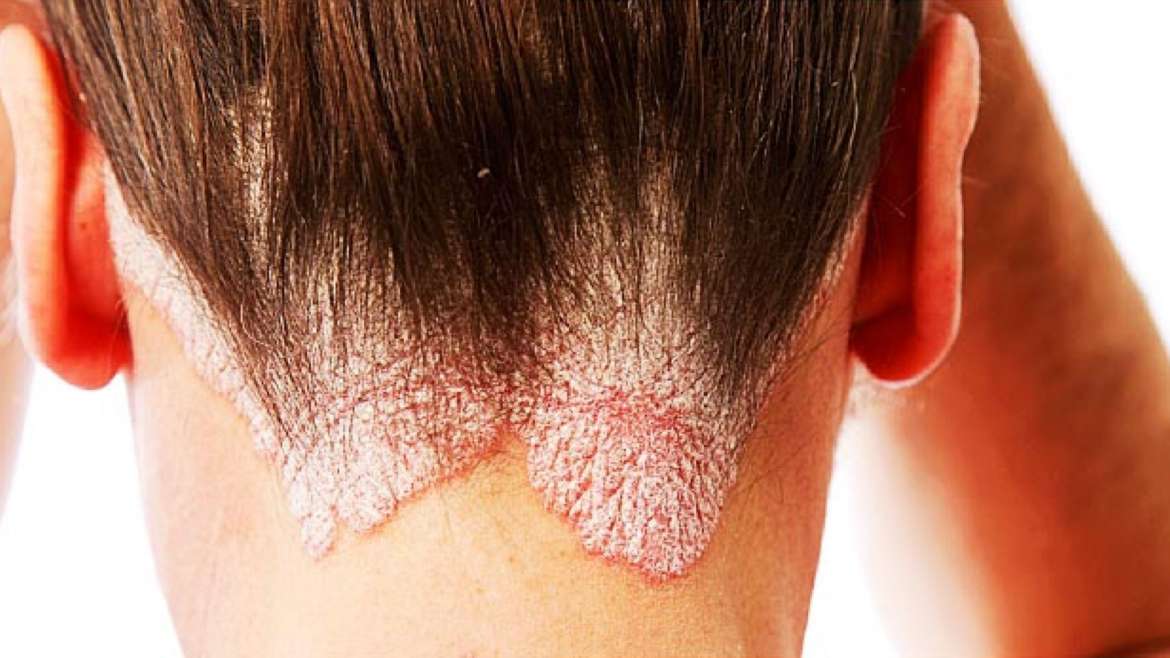Psoriasis
Psoriasis is a medical condition that can be identified with redness and scaly patches on the skin. Though, it may start at any age; psoriasis has two peaks of onset. In this regard, the first stage can waver between 20 to 30 years of age; while, the second one can be marked at an age of 50 to 60 years. Certainly, psoriasis affects men and women equally. Also, this disease can be hereditary where it might transfer from one family member to another. It should be noted that factors like smoking, infection, and certain medications can worsen the condition of psoriasis in some patients. It should be noted that patients having severe psoriasis have a higher risk of life as compared to diabetes, high blood pressure, strokes, heart attacks, obesity, and depression.
Psoriasis can be identified as small red bumps growing in size, and on the top of bumps, scales gets formed. Thon scratching the scales, the lower ones may tear away from the skin leading to bleeding. Taking note of the symptoms of psoriasis, itching, dry skin, pain the dry part of the skin, cracked nails, and even joint pain indicates the existence of the disease. In this condition, contacting a dermatologist is highly important as he or she might conduct skin tests including microscopic analyzing of the skin’s sample
.
Frequently Asked Questions
There are chances that the dermatologist will ask for family history and other medical problems faced by you. Further to this, the doctor will examine your skin and may conduct a biopsy on need.
Depending on the severity of psoriasis, the treatment is conducted. The mild conditions require the use of topical treatments like topical corticosteroids and topical vitamin D. On the other hand, moderate to severe cases necessitate phototherapy, oral medications, and biologic medications.
No, it is not contagious at all, and you cannot catch it anyone else. Though, it is a disease that may pass genetically.

